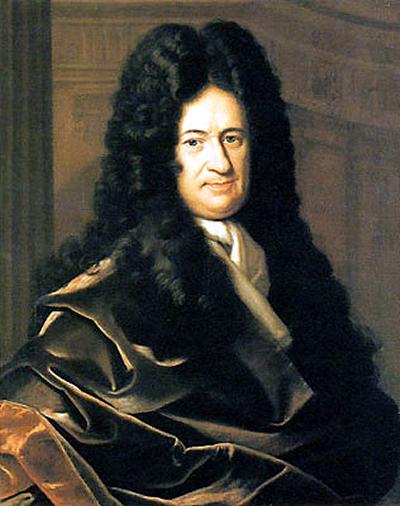G. W. Leibniz (1646-1716) thought the same as you: belief in God must have a rational basis, not a basis in faith alone. So he disagreed with Bayle.

But this meant that Leibniz had to face the problem of natural evil head on (a task he called “theodicy”, which literal means God’s justification).
Leibniz famously argued that our world is “the best of all possible worlds” in spite of the obvious evils within it. Leibniz argues that God chose the world with greatest possible variety of phenomena brought about by the simplest possible laws - a world of harmonious order.
This view faces two questions. Is our world really the one with the greatest harmonious order? And is it better for a world to contain more harmonious order, even if that brings more suffering - would a less harmonious but more benign world not be better?
1. Perhaps you agree with Leibniz: we have good reason to believe that God created our world as the best of all possible worlds.
2. Or perhaps you disagree: we do not have good reason to believe that God created our world as the best of all possible worlds.